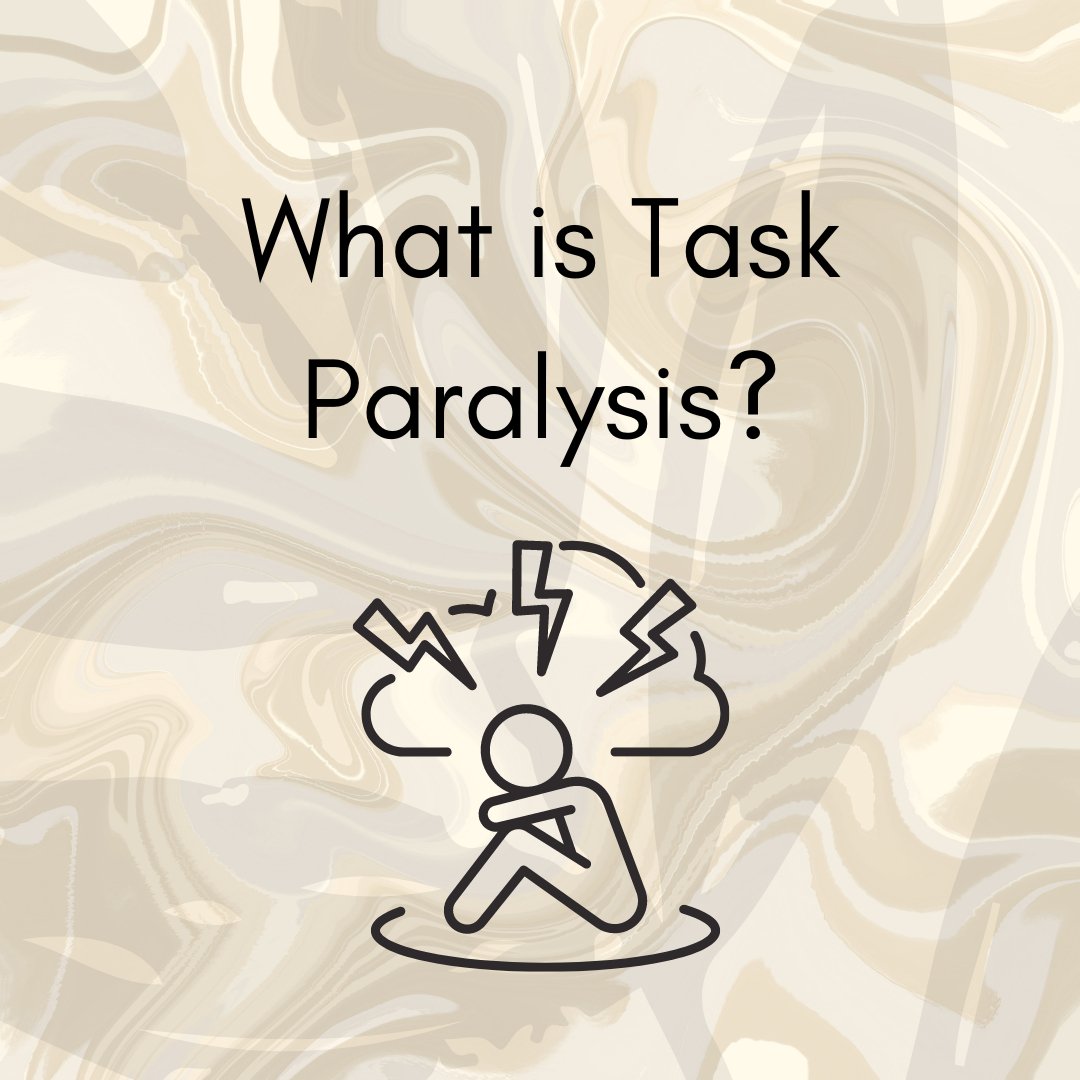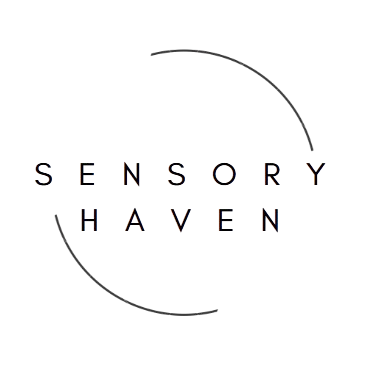
Overcoming Task Paralysis: How Sensory Items Can Help You Break Through
Share
Task paralysis is a common challenge that many people experience when faced with overwhelming tasks or responsibilities. It can feel like you're stuck, unable to start or complete tasks, even when you want to. Whether due to anxiety, ADHD, or simply having too much on your plate, task paralysis can be frustrating and discouraging. Fortunately, sensory items can be a valuable tool in managing this feeling of being overwhelmed. In this blog post, we’ll explore what task paralysis is, why it happens, and how sensory products can provide the support you need to get things done.
What is Task Paralysis?
Task paralysis is the inability to start a task, even when you know it’s important or time-sensitive. This can be triggered by a variety of factors, such as anxiety, a large workload, or feeling unsure of where to begin. For those with ADHD or sensory processing challenges, task paralysis can be especially common, as it may be difficult to prioritize tasks or manage focus. Instead of diving into a project or breaking it down into smaller steps, your brain can feel "frozen," making it hard to take action.
Task paralysis is often linked to anxiety and the fear of not meeting expectations, leading to avoidance or procrastination. The brain can become overwhelmed by the thought of the task, making it hard to focus or decide how to proceed. This is where sensory therapy and sensory tools come into play, offering a gentle way to reduce that overwhelming feeling and create a more supportive environment.
How Sensory Items Can Help with Task Paralysis
Sensory items can help ground you when you’re feeling overwhelmed, creating a calming effect that can break the cycle of paralysis. Here are a few ways sensory tools can support you in overcoming task paralysis:
-
Grounding with Weighted Blankets or Lap Pads:
-
Weighted blankets and lap pads can provide deep pressure stimulation, which helps the nervous system feel more regulated. This calming sensation can reduce anxiety, allowing you to focus better on the task at hand. A 10-minute break under a weighted blanket can help reset your mind, making it easier to begin a challenging project.
-
Fidget Toys for Focus:
-
Fidget toys like stress balls, fidget spinners, and sensory rings can offer a small, repetitive movement that helps focus the mind. For those who struggle with ADHD, using a fidget toy while tackling a task can provide just enough sensory input to keep you from feeling distracted or anxious.
-
Aromatherapy for Calming:
-
Essential oil rollers or sensory putty infused with calming scents like lavender or chamomile can help reduce stress. When your mind starts to feel overwhelmed, taking a moment to breathe in a soothing scent can create a sense of calm and clarity, making it easier to focus on a single task.
-
Visual Timers for Time Management:
-
Visual timers, such as sand timers or digital countdown clocks, can help create structure and reduce the pressure of completing a task all at once. By breaking the task into smaller, timed segments, you can focus on progress rather than feeling stuck by the magnitude of the project.
Incorporating Sensory Breaks to Combat Overwhelm
One of the best ways to tackle task paralysis is to integrate short sensory breaks throughout your work routine. Sensory breaks are moments when you step away from your task and use a sensory tool to ground yourself. Even a 5-minute break with a textured sensory mat or a quick squeeze of a stress ball can make a difference in your ability to stay focused.
These sensory tools act as an anchor, helping you return to the task with a fresh perspective. Instead of trying to power through the paralysis, taking a sensory break allows you to reset your nervous system and reduce feelings of overwhelm. By including these simple but effective breaks, you can maintain a steady workflow and keep anxiety at bay.
Finding the Right Sensory Support for You
Not all sensory tools work the same for everyone, so it’s important to find the ones that resonate with you. Think about what sensory experiences you find calming—whether it’s the weight of a blanket, the feel of a soft texture, or the scent of lavender. Experiment with different sensory items to see which ones help you feel more in control of your tasks.
At Sensory Haven, we offer a variety of sensory tools designed to help you find balance and focus. From calming weighted products to portable fidget tools, our selection is aimed at supporting individuals who face daily challenges like task paralysis. Remember, you don’t have to power through on your own—sometimes, a simple sensory tool can make all the difference.
Conclusion: Sensory Tools as Allies in Overcoming Task Paralysis
Task paralysis can feel isolating, but sensory items offer a path to reclaiming your focus and sense of calm. By using these tools as part of your daily routine, you can create a more supportive environment that helps you overcome the anxiety and overwhelm associated with task paralysis. If you’re struggling to get started or feeling stuck, try incorporating sensory support into your routine and see how it can make a difference in your journey toward productivity and peace of mind.
